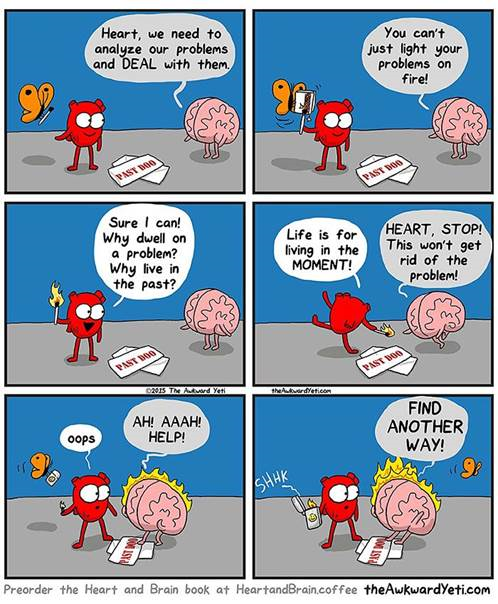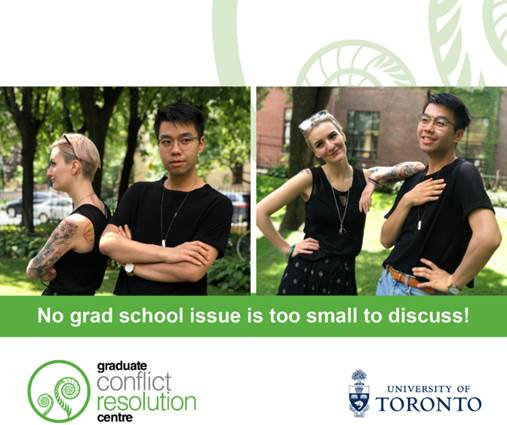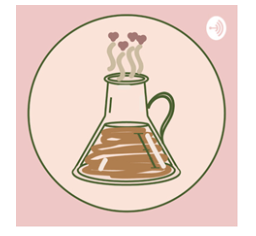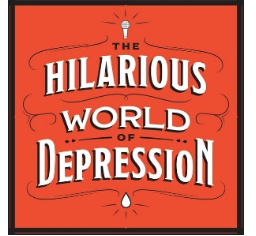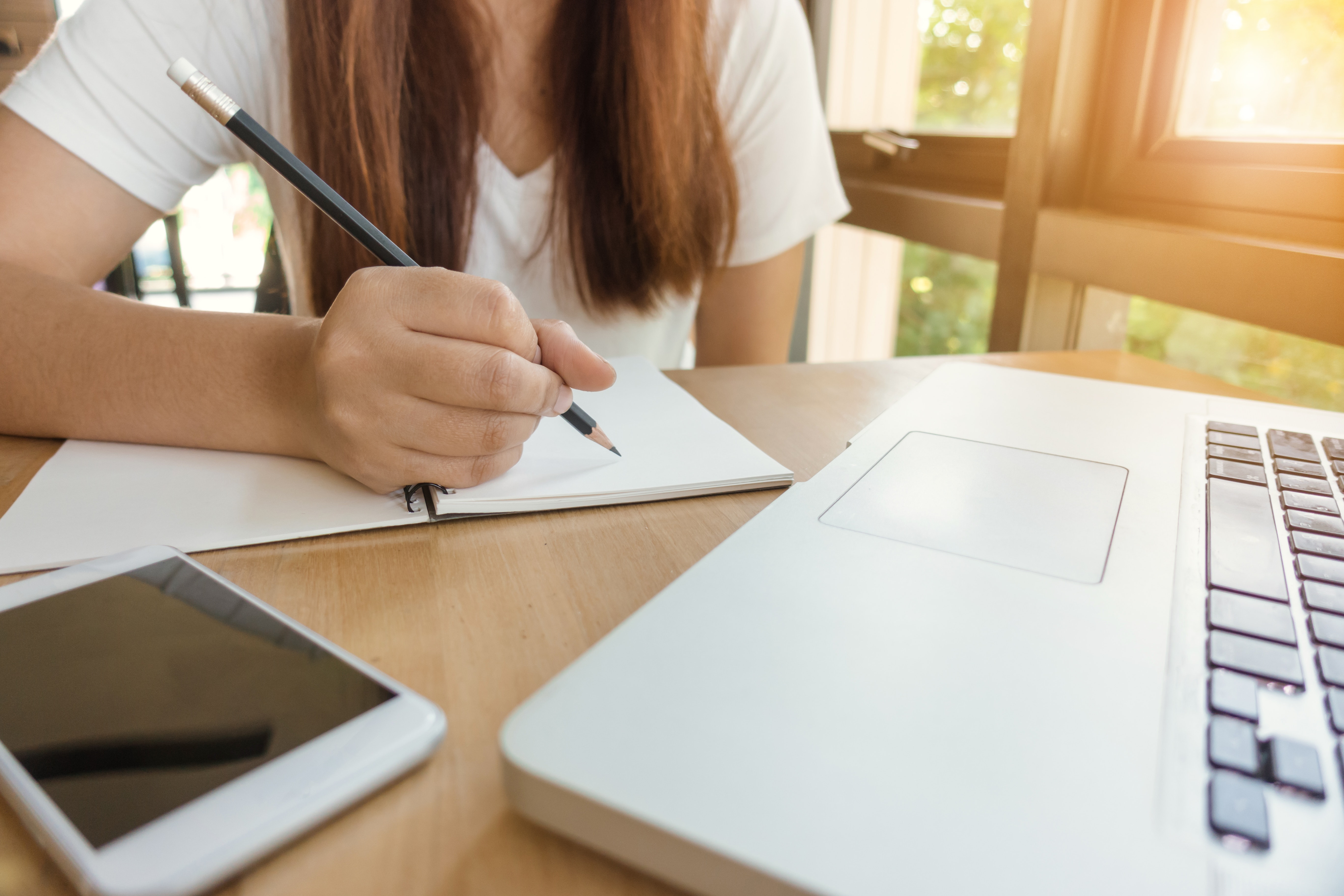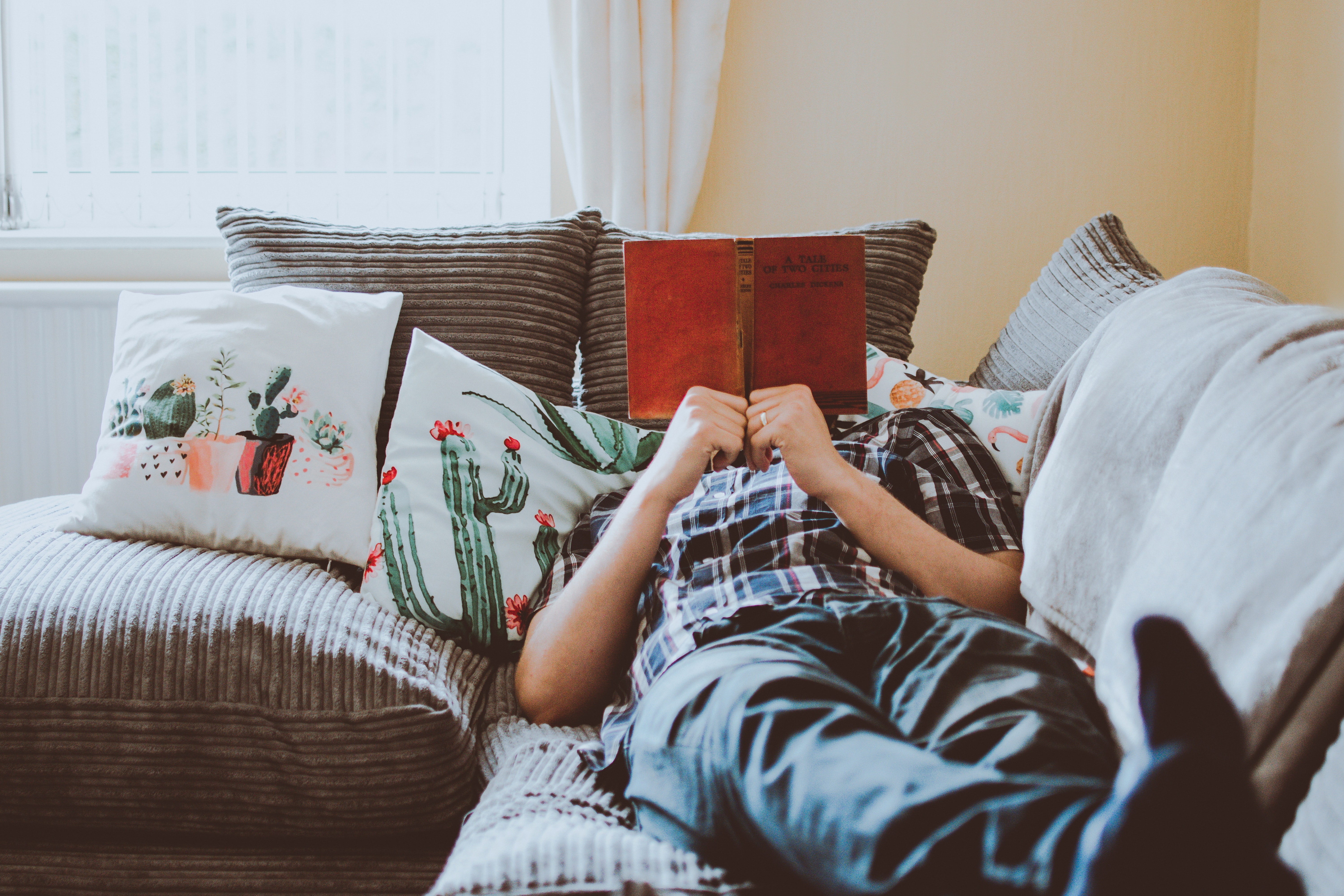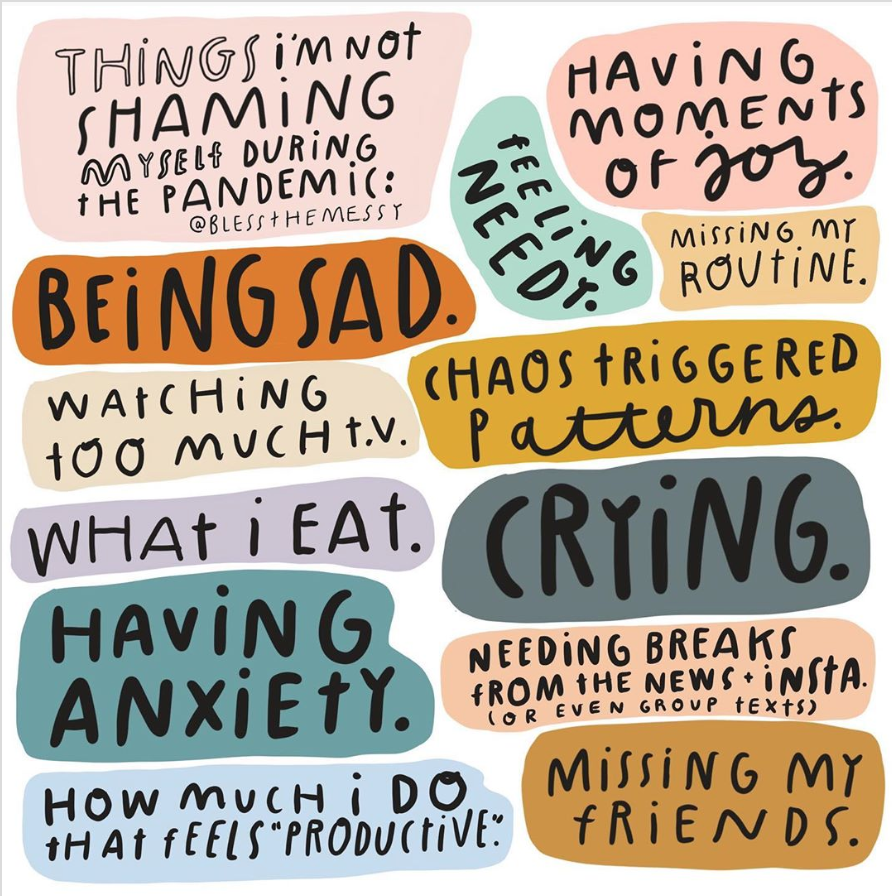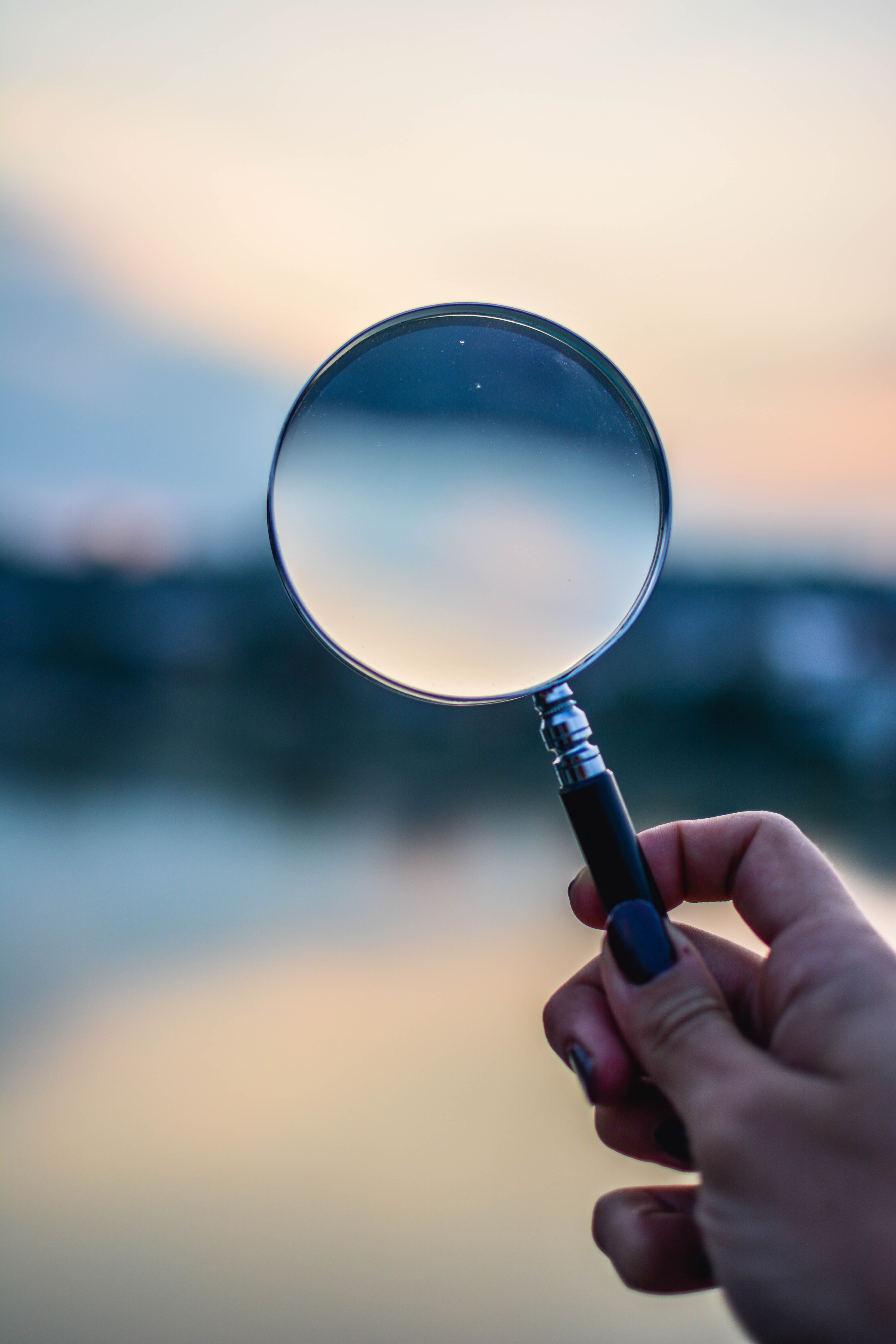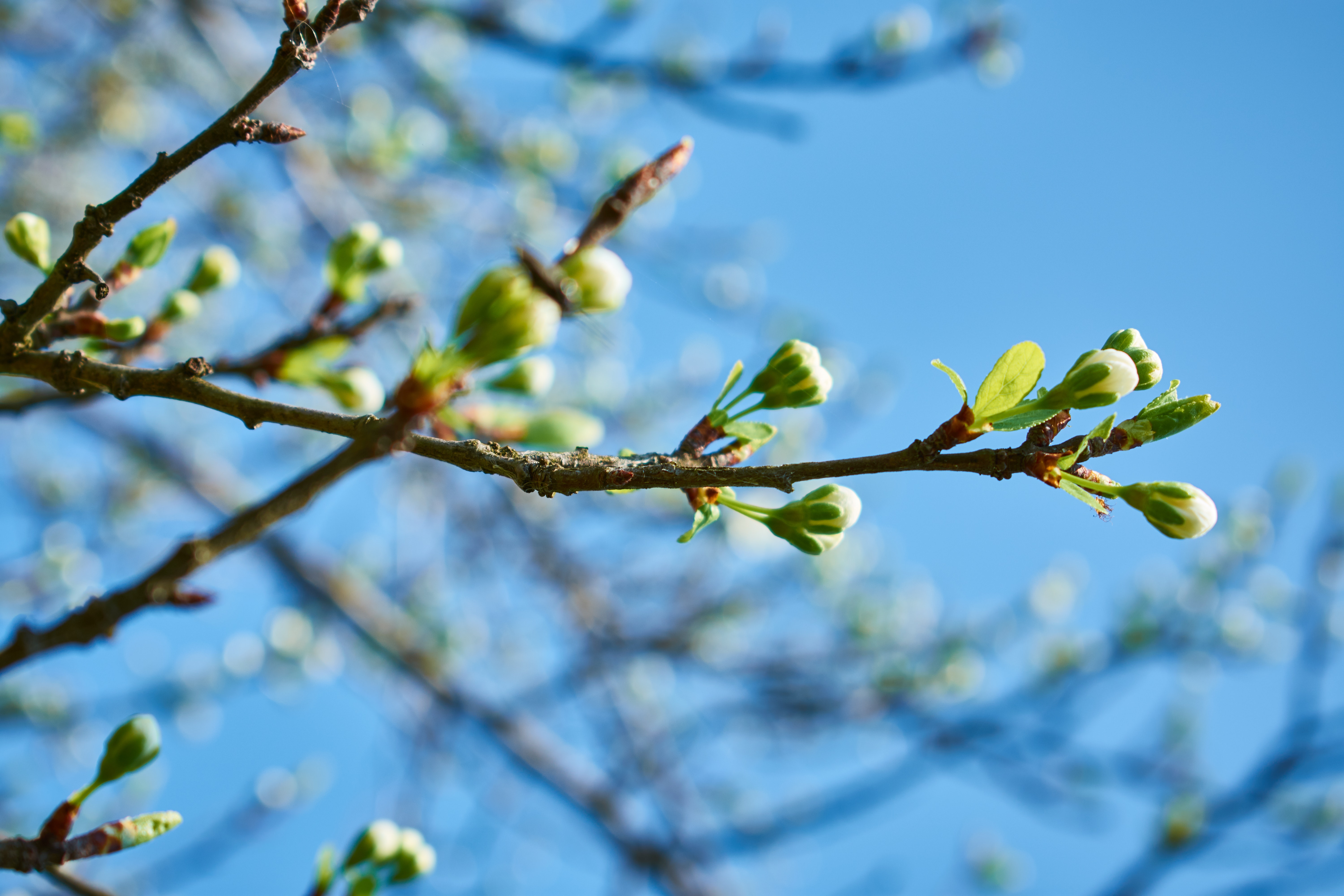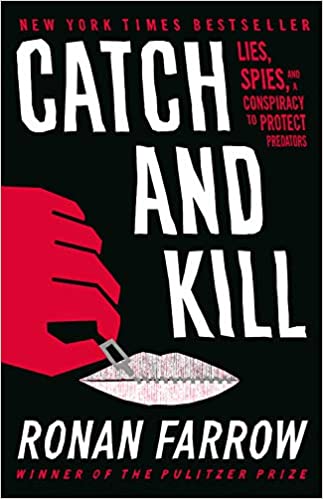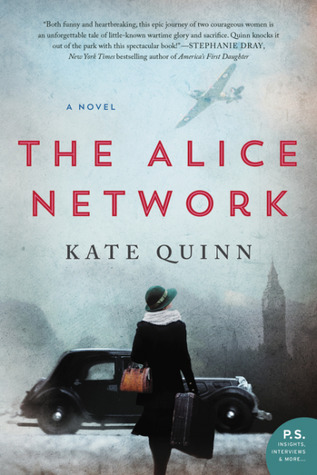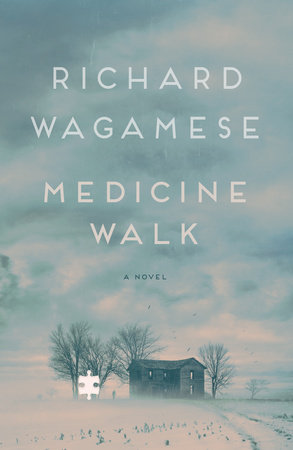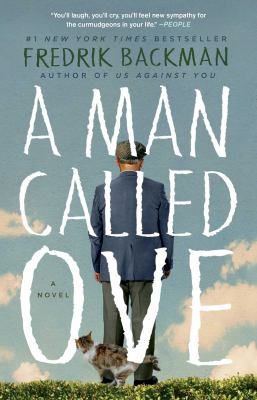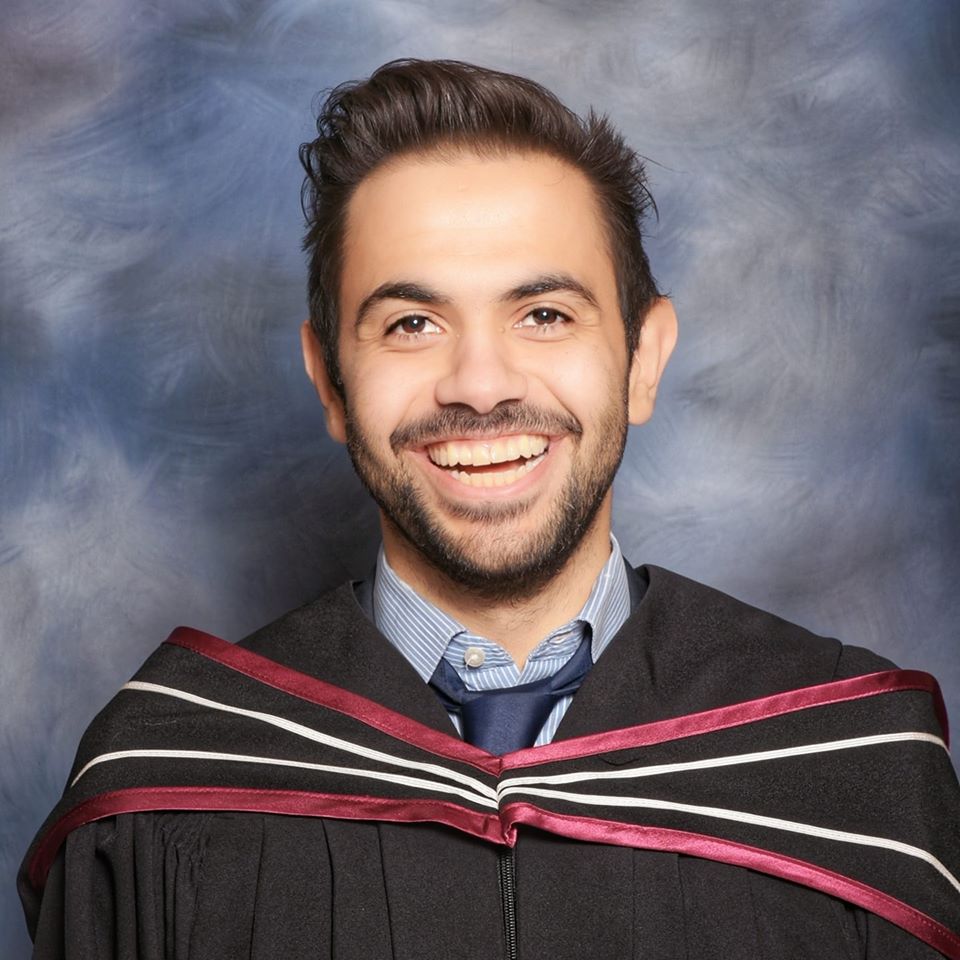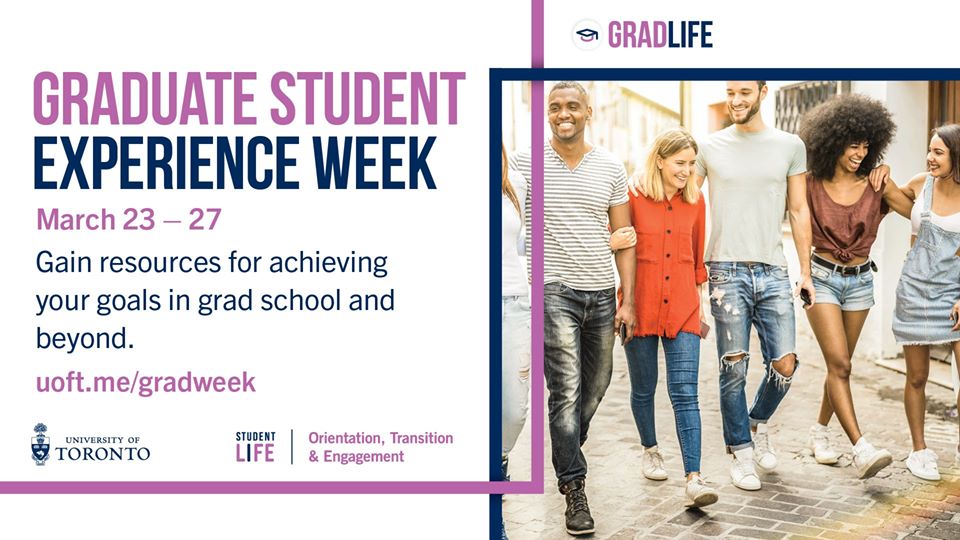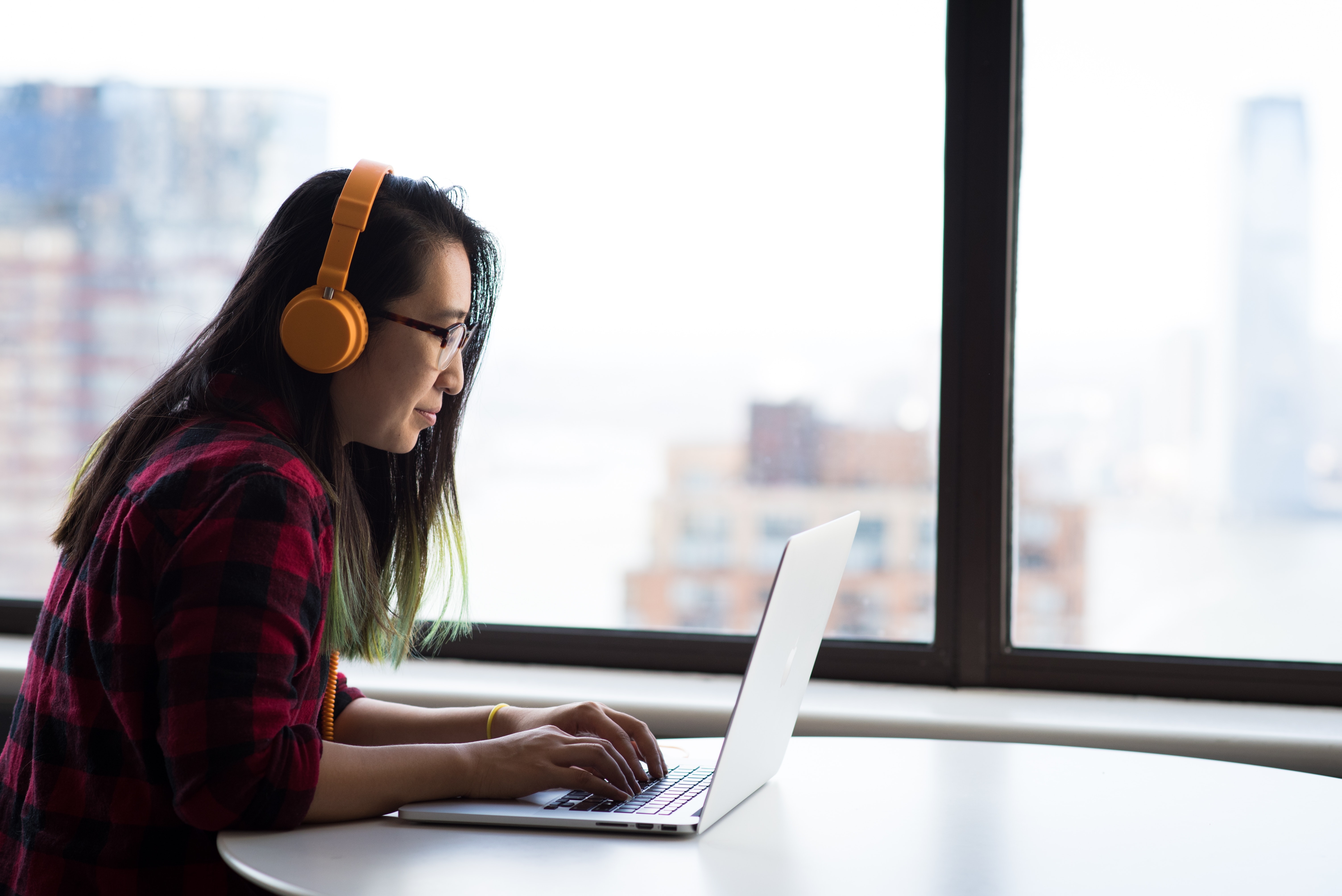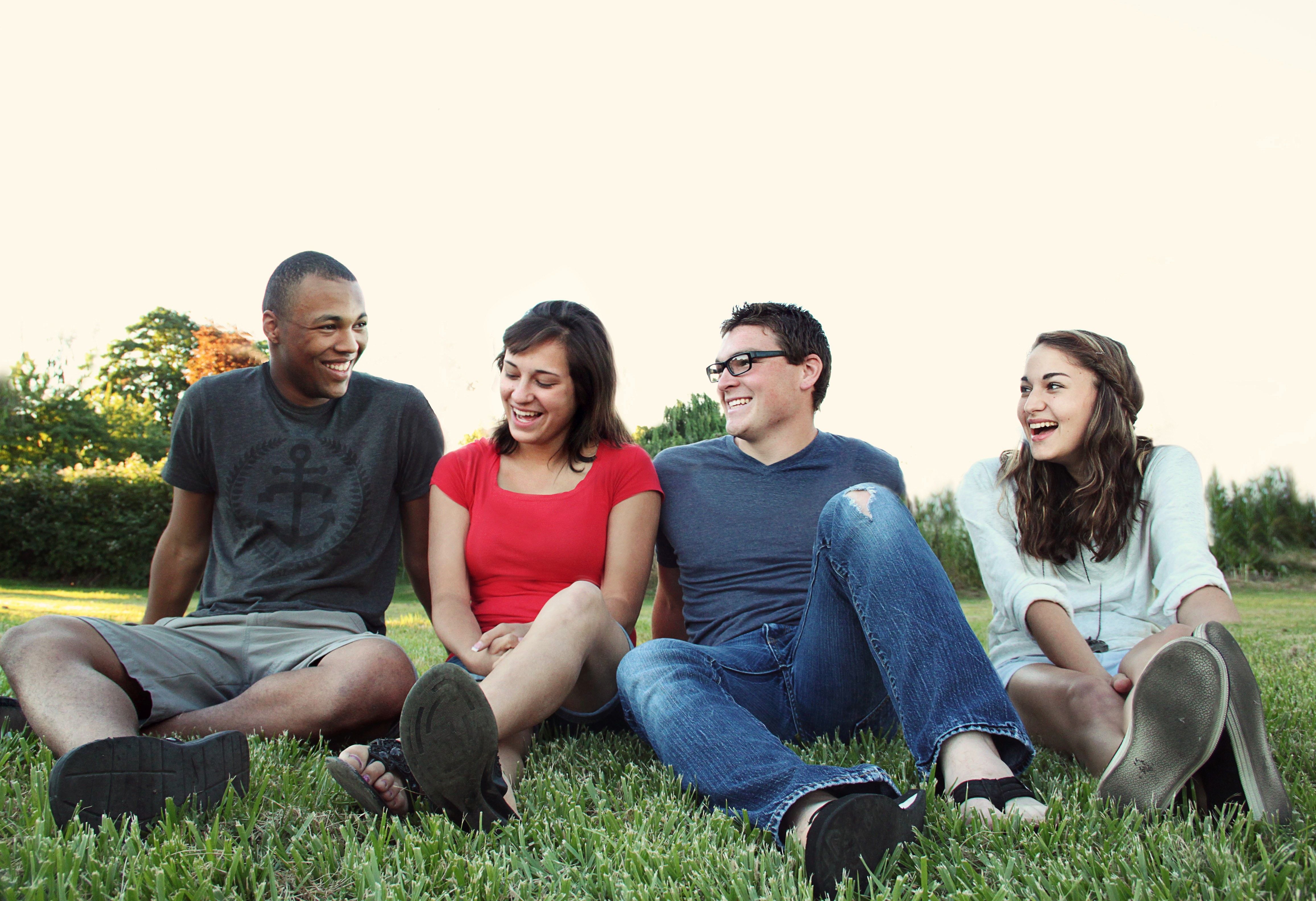June 25th, 2020
Happiness Through Being Present
By: Michelle Bancroft, GradLife Ambassador
As everything slowly starts to reopen in Toronto, it seems that things may be getting back to ‘normal’ (whatever that really means!). However, I feel like the months of isolation and the fear surrounding getting sick from other people will have lasting effects. So I have been spending a lot of time thinking about how we can deal with the mental well-being issues caused by the pandemic?!
A friend gave me really good advice the other day, they told me to think about the times when I felt most happy and try to explore all the aspects that lead to that happiness. By doing so, I was able to conclude that I am most happy when I am in the present moment and away from the constant anxiety of what the future will bring and the depressing weight from thoughts of what has already happened.
This in a nutshell is Mindfulness, being present in the moment. When I boiled down all the elements of the times when I was most happy they all had the same thing in common – I wasn’t trying to control the situation, I was just being in the moment and enjoying it!
This sounds like such an easy state to emulate, just stop thinking about the future and the past. But, have you tried it?! Unfortunately, it is much more difficult than it sounds and takes practice and focus. This is why they call mediation and mindfulness a PRACTICE. Striving for a state of being fully present in the moment is something you must work on and continually be practicing.
Luckily, being a graduate student at UofT there are many opportunities to learn about and practice mindfulness! The Multifaith Center has the Mindful Moments programs, which are still offered online during the pandemic. Additionally, yoga can also be an incredible tool to help to bring and keep you in the present moment. There are online yoga classes for students available through Hart House, as well as Brown Girls Yoga.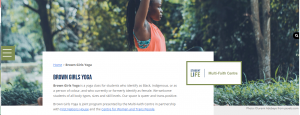
Also, sometimes it’s not enough to just attend mindfulness programing and you might need some more help getting into the present moment and slowing the destructive future and past thoughts in your head. That’s ok, I have been there too! This pandemic has left us a lot of time to be stuck in thoughts that can easily spiral out of control and feel like they are consuming you. When it all starts to feel overwhelming, we as graduate students at UofT also have access to Student Support Services. These services include confidential over the phone professional counseling.
I have, and continue to use, these services as an important tool to help me stay present and enjoying the moment. The support staff at UofT, and through our partner organization, are here to help you during and after the pandemic with any mental health or well-being concerns! As a graduate student times can seem tough, but there are so many great options and resources to help you get through it – and enjoy your time as a UofT graduate student.
U of T My Student Support Program
You can access UofT My Student Support Program (U of T MySSP) 24/7 by calling 1-844-451-9700. Outside of North America, call 001-416-380-6578.
Download the MySSP app: Apple App Store | Google Play.

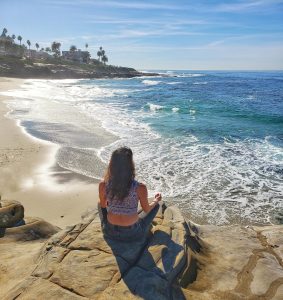
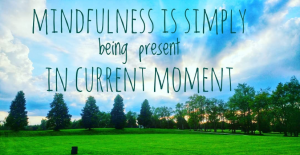




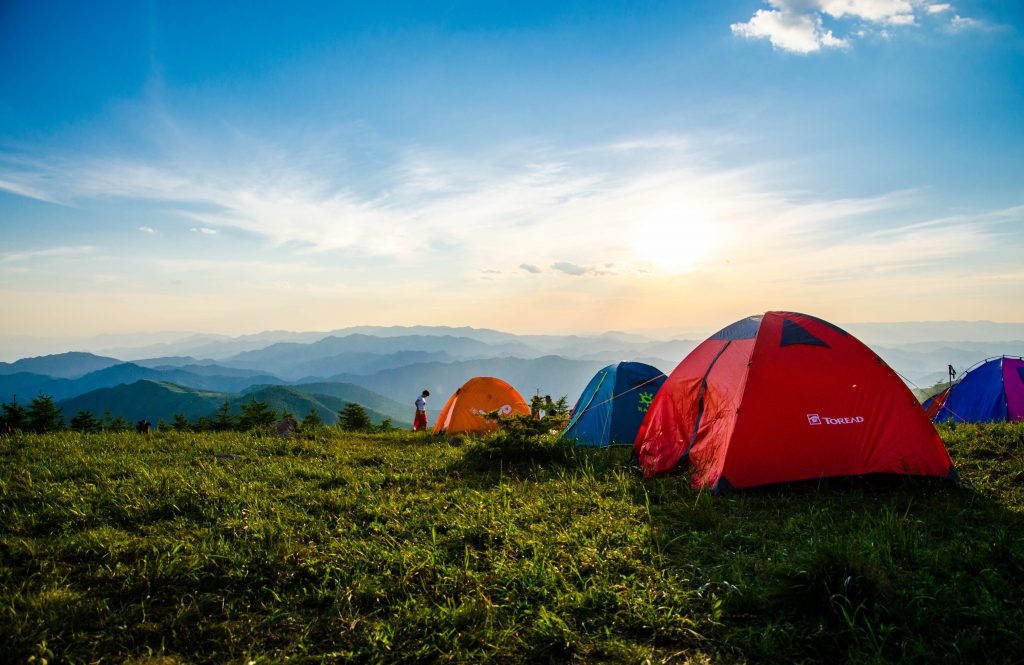
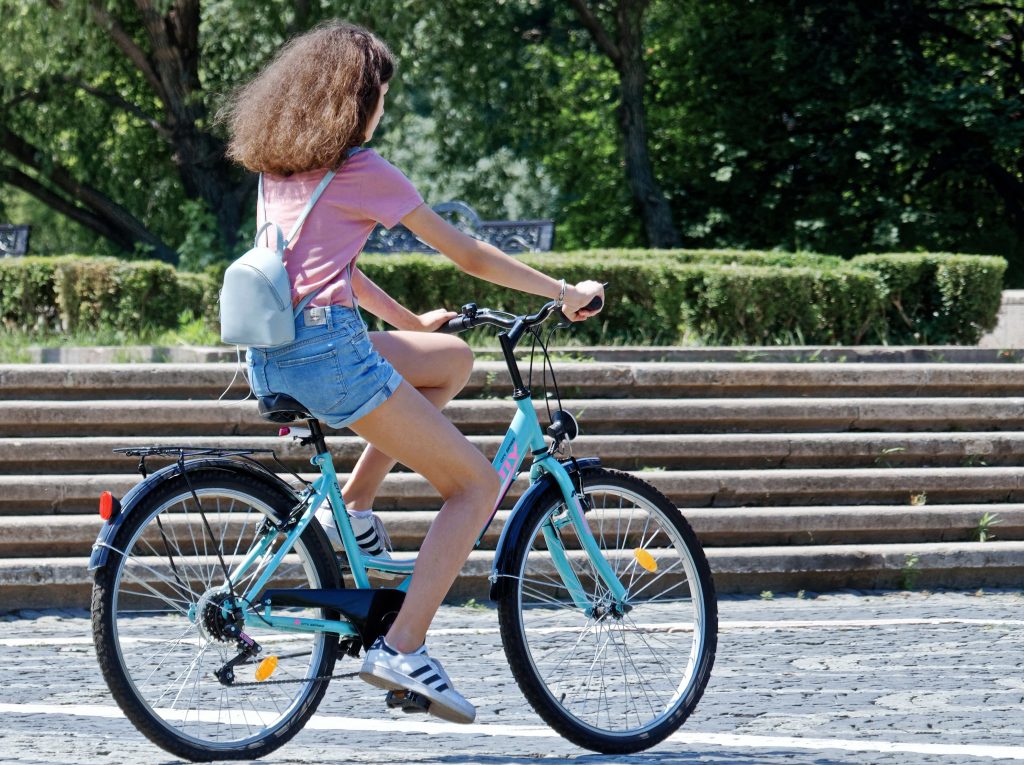
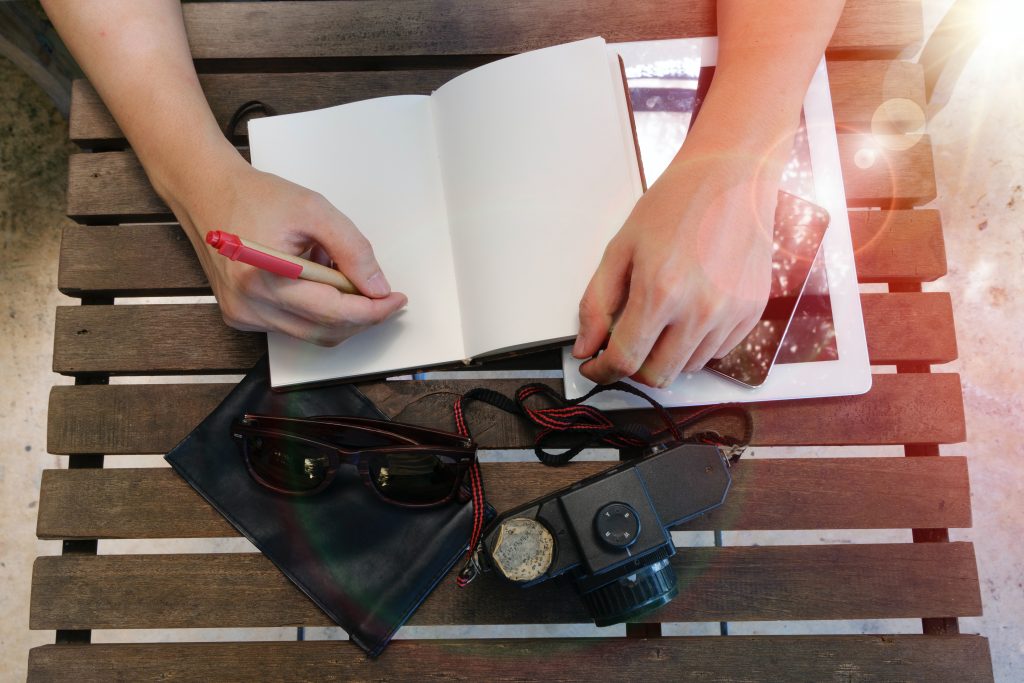
 Picture of me! (Michelle Bancroft)
Picture of me! (Michelle Bancroft)




